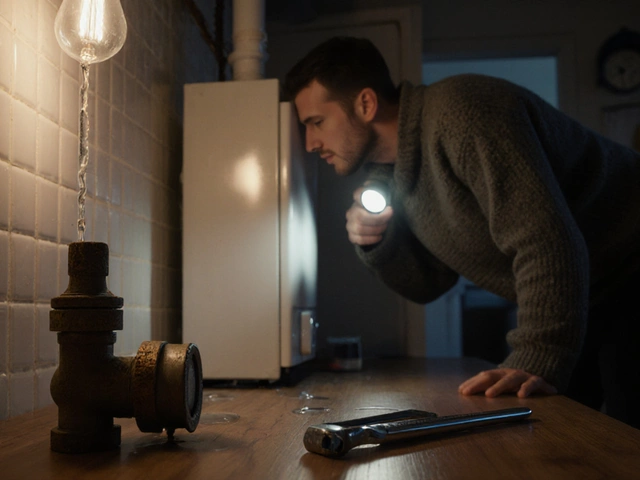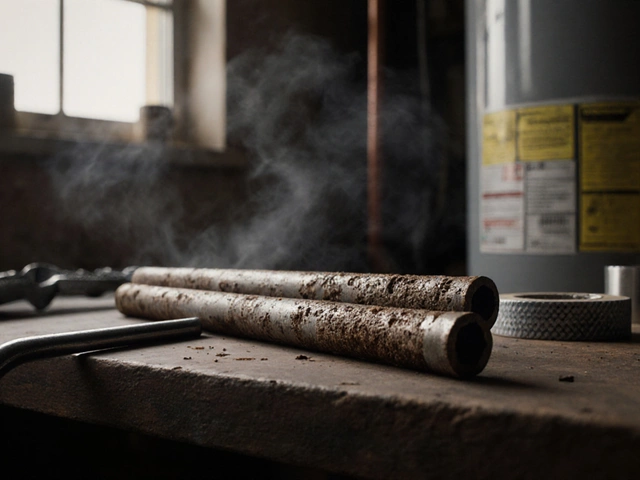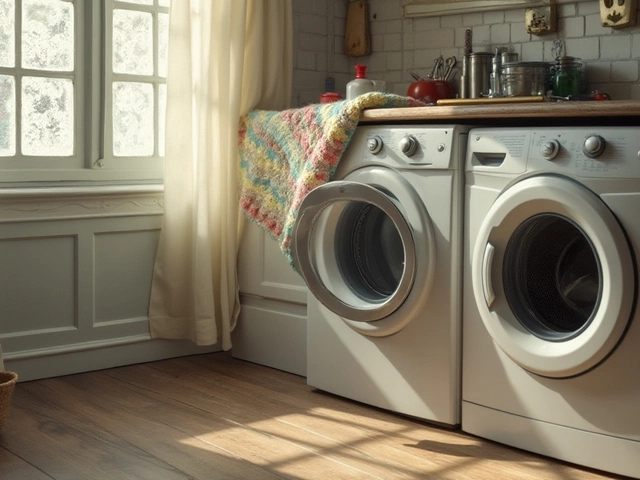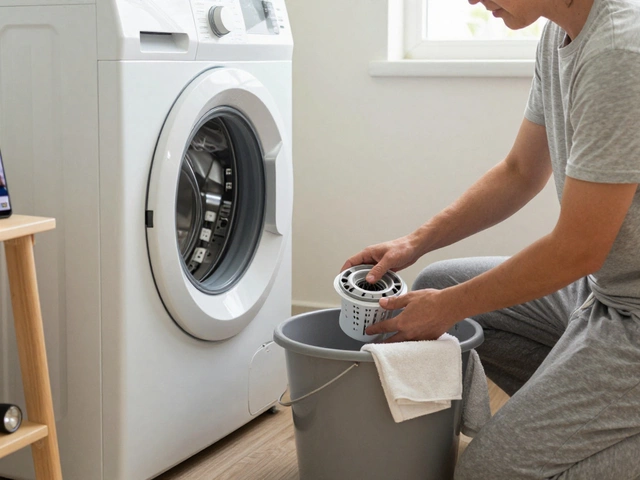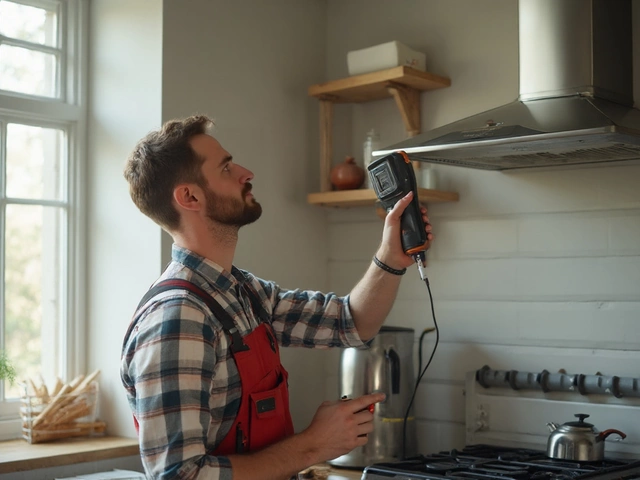Boiler Repair Cost: What You’ll Actually Pay in 2025
October 25 2025Kitchen Appliance Tips: Quick Fixes and Simple Maintenance
Ever wonder why your extractor fan hums louder than a traffic jam or why the oven takes forever to heat up? You don’t need a degree in engineering to fix most of these hiccups. Below are easy, no‑nonsense steps that any homeowner can follow.
Extractor Fans: Clean, Test, and Keep Running Smoothly
Grease and dust love to hide in the fan blades and filters. Turn off the power, pop off the front cover, and gently wash the metal filter with warm, soapy water. If the fan still sounds weak, check the motor connections – loose wires are a common culprit. A quick 5‑minute run after cleaning often restores full suction.
Oven Issues: Spot the Symptoms, Act Fast
When the oven won’t heat, start by inspecting the heating element. Look for visible cracks or dark spots – replace it if you see any. If the element looks fine, the thermostat could be at fault. A simple test is to pre‑heat the oven and use an oven‑safe thermometer; if the temperature is way off, the thermostat likely needs swapping.
Another frequent problem is uneven cooking. That usually means the door gasket is leaking heat. Feel around the door edges; if you notice cold spots, the rubber seal needs a replacement. A new gasket is cheap and can cut your energy bill.
For both extractor fans and ovens, a yearly visual check can catch wear before it turns into a costly repair.
Dishwasher Troubleshooting Made Easy
If dishes come out still dirty, the spray arms might be clogged. Remove them and rinse out any food debris – a toothbrush works wonders. Next, check the filter at the bottom of the tub; a blocked filter reduces water flow and leaves spots on plates.
Bad odours? Run a hot cycle with a cup of white vinegar on the top rack. The vinegar clears mineral buildup and kills bacteria. If the dishwasher still leaks, tighten the door latch and inspect the hose connections for cracks.
Water Heater Care: Keep Hot Water Flowing
Most homeowners wonder whether to flush or drain their water heater. The answer: flush it once a year to get rid of sediment that makes the heater work harder. Turn off the power or gas, attach a garden hose to the drain valve, and let the water run until it’s clear.
Listen for strange knocking noises – that’s a sign of heavy scaling. If you hear them, a full drain and a descaling agent can restore efficiency. Also, check the temperature setting; 120°F (49°C) saves energy and prevents scalding.
By tackling these simple tasks, you’ll extend the life of your appliances, lower energy bills, and avoid emergency calls.
Quick Checklist for Busy Homeowners
- Extractor fan: clean filter monthly, listen for weak motor sounds.
- Oven: inspect element and gasket every spring.
- Dishwasher: clear spray arms and run a vinegar cycle quarterly.
- Water heater: flush once a year, watch for knocking.
Got a stubborn problem that these tips don’t solve? It’s time to call a certified gas engineer. A professional can safely handle electrical work, gas connections, and parts that need special tools. Keep this page bookmarked – a quick glance can save you time, money, and a lot of hassle.
 9 Jan
9 Jan
DIY Tips: Can You Replace Your Electric Oven?
Many homeowners wonder if they can tackle the job of replacing an electric oven themselves. This article will walk you through the essential factors to consider before taking on such a project, safety tips to keep in mind, and tools you might need. By breaking down the process into clear sections, you'll gain insight on how feasible it is to handle this task without professional help. We'll also discuss when it might be better to call in an expert if things get tricky.
Read More...